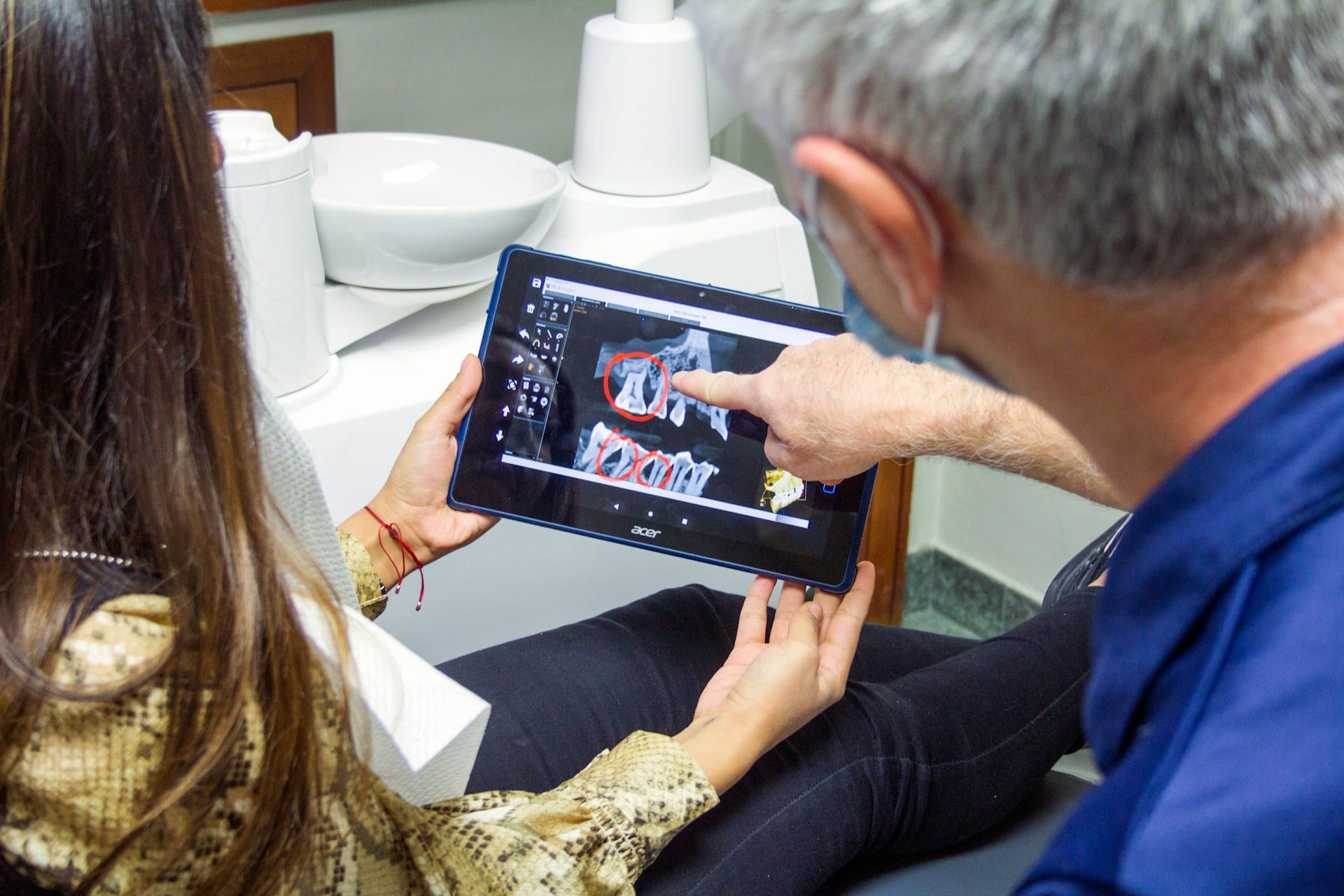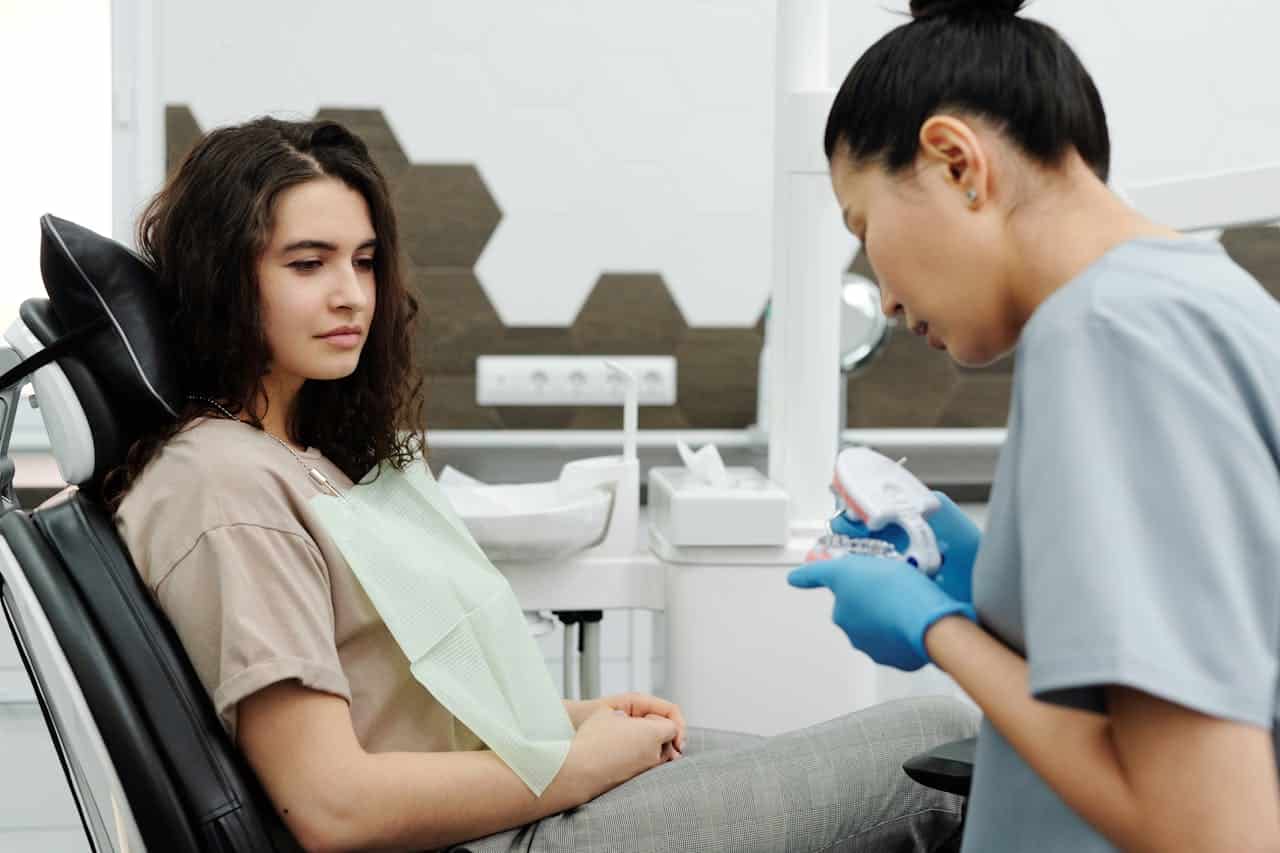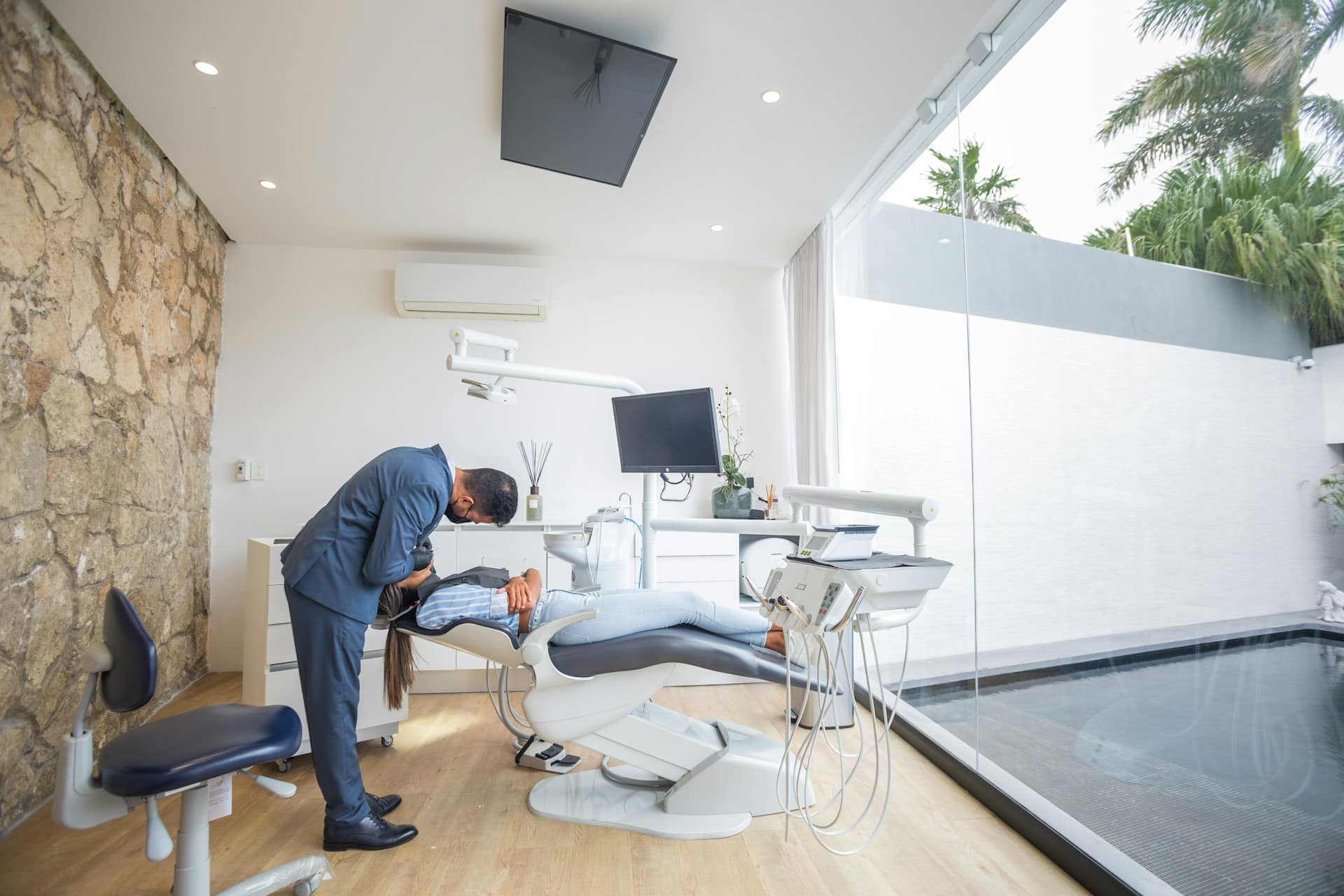Imagine biting into a fresh apple without any worry about your teeth. This is the reality that endodontics treatment can help maintain. Endodontics, often known as root canal therapy, plays an important role in dental care, especially when it comes to saving your natural teeth. This treatment is crucial for those who want to preserve their original set of teeth and avoid the discomfort that often comes with dental problems. By focusing on the inner health of the tooth, endodontics offers a solution that targets the root cause of dental pain and decay.
Many folks might feel a bit anxious at the mention of a root canal. But knowing what endodontics treatment involves and understanding its benefits can help alleviate that fear. This approach doesn’t just stop the pain; it helps secure the long-term health and functionality of your teeth. You’ll learn about what endodontics entails, the positive impacts it brings, and why it’s beneficial, especially for residents in Pickering, to consider this treatment.
What is Endodontics Treatment?
Endodontics concerns itself with the inside of the tooth, particularly focusing on the dental pulp, which is the tooth’s soft core. This area houses nerves and blood vessels that can get inflamed due to reasons like deep decay, repeated dental procedures on the tooth, or trauma. When this happens, root canal therapy is needed to remove the affected pulp, clean the space, and seal it to prevent future issues.
Here are some signs that might indicate the need for endodontics treatment:
– Persistent pain or toothache, especially while biting or chewing.
– Sensitivity to hot or cold temperatures that lingers even after the sensation has been removed.
– Swollen or tender gums around a particular tooth.
– Darkening or discoloration of a tooth.
– A pimple-like bump on the gum near the area of discomfort.
The process of a root canal is straightforward. Once the dentist determines it’s necessary, they will remove the infected pulp, clean the channels inside the tooth, and fill the space to prevent bacteria from entering again. This not only saves the tooth but also relieves pain and restores its function.
Benefits of Endodontics Treatment
Preserving your natural teeth is a major advantage of endodontics treatment. Keeping your original teeth helps maintain proper alignment and chewing efficiency. Another benefit is pain relief. Those who have experienced the throbbing pain of inflamed pulp know how welcome any relief can be. Endodontics addresses the root cause, providing comfort and preventing the spread of infection.
Additionally, opting for endodontics can save you from undergoing more invasive – and often more costly – procedures in the future. While the thought of a root canal can make some people nervous, it is a simpler and less expensive alternative compared to replacing a tooth with an implant or bridge later on.
Understanding these advantages makes it clear why endodontics might be the right path for many. The goal is to secure your teeth’s health without requiring major interventions later, supporting a lifetime of smiles and oral wellness.
Why Choose Endodontics Treatment in Pickering
Living in Pickering provides a fantastic advantage for those considering endodontics treatment. The local expertise can’t be beat, with skilled professionals who understand the unique needs of this community. This means you can receive care that’s not only expert but also thoughtfully catered to Pickering residents. Familiarity with local patient needs ensures that any treatment is comfortable and effective. Plus, being close to home makes follow-up care a breeze, saving you time and making the healing process more convenient.
The ease of accessing quality dental services locally is a significant benefit. Endodontists in Pickering are well-versed in the latest techniques and strive to provide the most comfortable experience possible. Having a place that knows the community adds that extra layer of trust you might be seeking when undergoing any medical treatment. This peace of mind is invaluable, especially when dealing with something as health-sensitive as tooth preservation.
What to Expect During and After the Procedure
Preparing for an endodontics treatment involves a few straightforward steps. It’s important to share any concerns or questions with your dentist during the initial consultation. They will explain the procedure, reassuring you by tailoring their approach to your specific situation. Knowing what to expect goes a long way in alleviating anxiety.
Here’s what typically happens during the procedure:
– Local anaesthesia is applied to keep the area numb.
– The dentist will isolate the tooth to keep it dry.
– The infected pulp is carefully removed.
– The empty canals are cleaned and shaped.
– Space is filled and sealed to prevent future infection.
After the treatment, you might experience some mild discomfort, but this usually fades over a few days. Your dentist will provide tips and guidance for post-treatment care, ensuring a smooth recovery. It’s normal to return to daily activities shortly after, but staying mindful of your healing is key to long-term success. Regular check-ups will help monitor your progress and cement the effectiveness of the treatment.
Preserving Smiles and Health with Expert Endodontic Care in Pickering
Reflecting on the role of endodontics treatment, it’s clear this option presents numerous advantages for those in Pickering. By preserving natural teeth, individuals can avoid more invasive procedures down the road, ensuring both comfort and confidence. Taking care of your dental health doesn’t just enhance your smile, it strengthens your overall well-being.
As you consider the benefits and process involved, endodontics emerges as a solution worth exploring. It’s about more than just saving a tooth; it’s an investment in your future health and happiness. By understanding what to expect and trusting local experts, you’re taking proactive steps to preserve the things you value most. With this knowledge in hand, you’re well-equipped to make informed decisions that align with your health goals.
For those looking to maintain their dental health, considering endodontics treatment in Pickering is a wise step. This treatment can save your teeth and enhance your well-being. Learn more about how Pickering Dental Services can assist you with our specialized approach to root canal therapy. Discover the importance of this care by contacting us.










